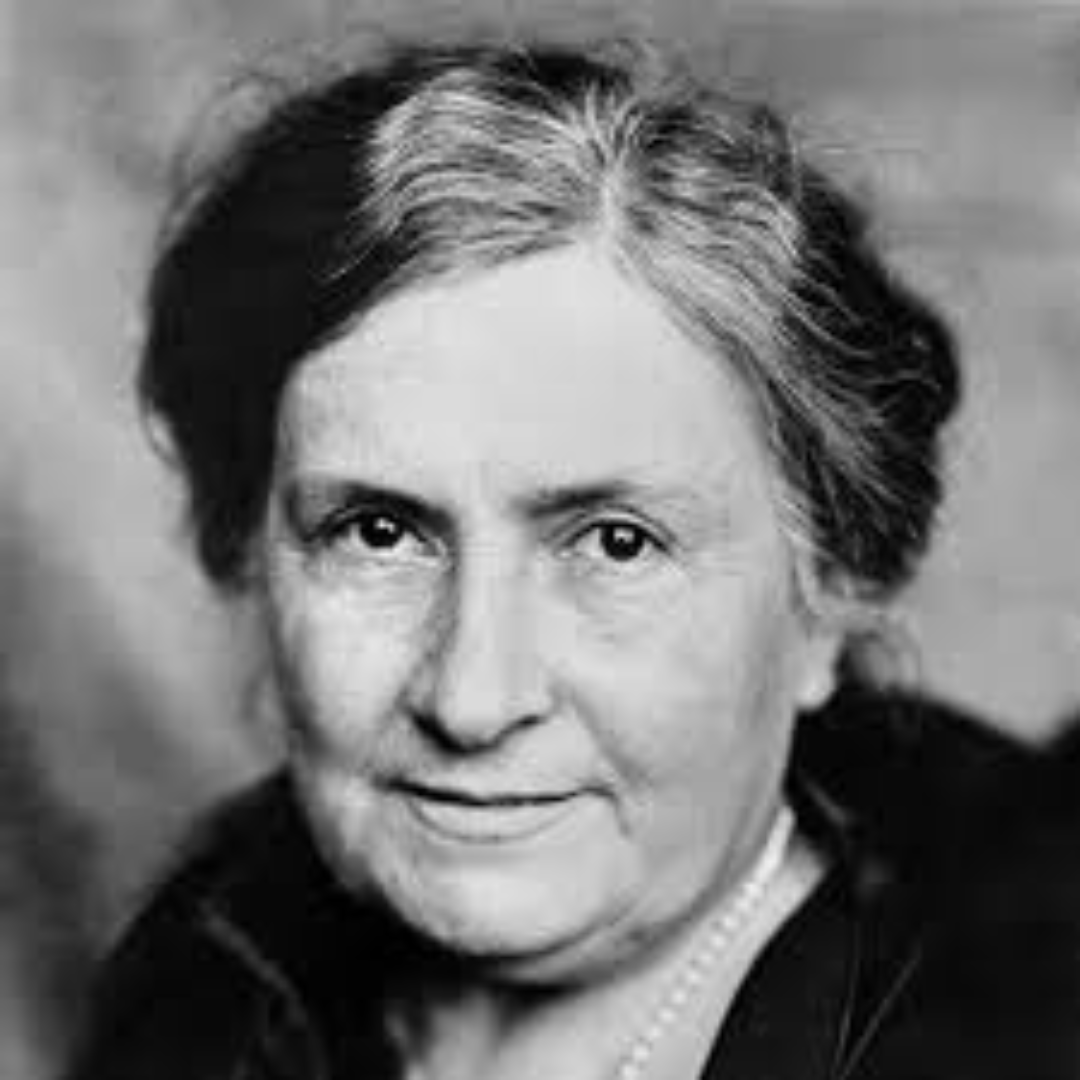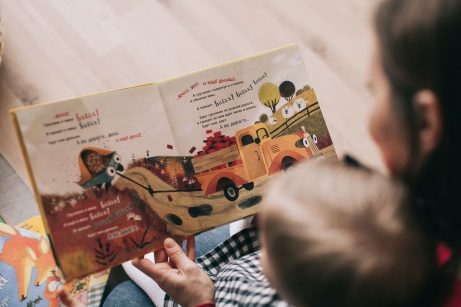10 Fascinating Facts About the Life of Maria Montessori

Maria Montessori, a name synonymous with child-centered education, was not only a pioneer in pedagogy but also a trailblazer for women in various fields. Her life and work continue to inspire educators, parents, and reformers worldwide. To celebrate her birthday, August 31, 1870, here are 10 fascinating facts that highlight her remarkable journey.
Among Italy’s First Female Physicians
Maria Montessori made history by becoming one of the first women in Italy to graduate in medicine. In 1896, she achieved the monumental feat of becoming the country’s first female Doctor of Medicine. This was a groundbreaking accomplishment, especially at a time when women were largely excluded from higher education and professional fields
Champion for Children with Disabilities
Montessori began her career working with children who had mental disabilities. At a time when such children were often considered “uneducable,” she challenged this notion. Through her innovative approach, she demonstrated that these children could learn and thrive. This early work laid the foundation for what would become the Montessori Method, reshaping how society viewed the potential of all children.
Coffee Beans and Math Lessons
One of Montessori’s most creative approaches involved using everyday objects to teach complex concepts. For example, she used coffee beans to help children understand mathematical ideas. This method exemplified her belief that even abstract ideas could be made accessible and engaging for young minds through playful, hands-on learning.
Founding Schools Across the Globe
In 1907, Montessori opened her first “Casa dei Bambini,” or “Children’s House,” in a poor neighborhood of Rome. Her innovative approach quickly gained recognition, leading to the establishment of Montessori schools worldwide. Today, Montessori institutions continue to thrive, with schools in nearly every corner of the globe.
Nominated for the Nobel Peace Prize
Maria Montessori’s work extended beyond education into the realm of peace and social reform. She was nominated for the Nobel Peace Prize three times, recognizing her efforts to promote peace through education. Although she never won, her contributions to peaceful education remain influential to this day.
A Feminist Icon
As a strong advocate for women’s rights, Montessori’s achievements as a doctor and educator in a male-dominated society provided inspiration to women around the world. Her success helped fuel the feminist movement of the early 20th century, encouraging women to pursue their ambitions despite societal barriers.
Advocate of Natural Exploration
Montessori believed that children should be free to explore and learn at their own pace through their own experiences. Her method emphasized sensory activities and practical experiments that nurtured children’s curiosity, critical thinking, and love for learning. This approach continues to influence educational practices today.
Opposition to Fascism
During World War II, Montessori took a stand against the fascist regimes in Italy and Germany, which attempted to co-opt her educational methods for their political agendas. Her resistance forced her to leave Europe, and she eventually emigrated to India, where she continued her work in education and peace.
Influence on Modern Education
Maria Montessori’s ideas have had a profound impact not only on the education systems of her time but also on contemporary educational approaches. Her emphasis on individuality, independence, and respect for children forms the cornerstone of many modern teaching methods used around the world today.
A Lifelong Love for Children
Montessori’s work was driven by a deep love and respect for children, regardless of their background. She developed her method with the belief that every child deserves the opportunity to learn and grow in a nurturing environment. This dedication to children is evident in her lifelong work and enduring legacy.
Maria Montessori’s life was a testament to the power of innovation, resilience, and compassion. Her legacy continues to inspire educators and parents alike, as her methods remain a beacon of child-centered learning and respect for the natural development of each individual child.
Montessori Beginnings
YOUR ULTIMATE
MONTESSORI PARENTING COURSE
FOR ZERO TO THREE
Gain clarity and confidence in your parenting to raise a resilient, independent and joyful child.


